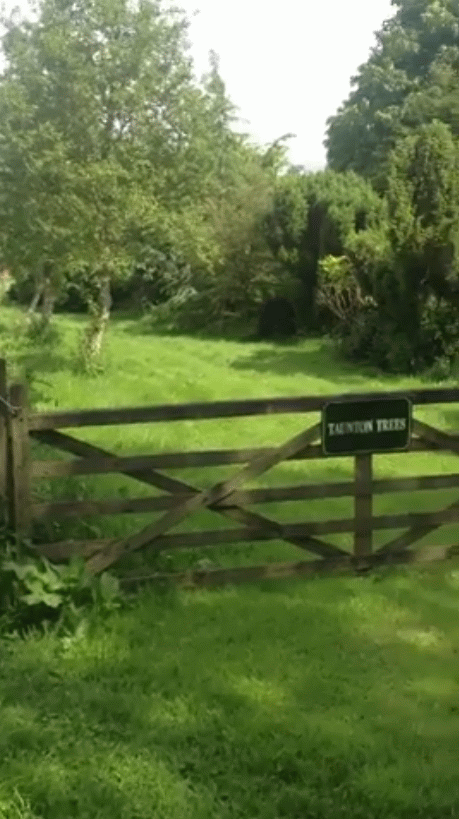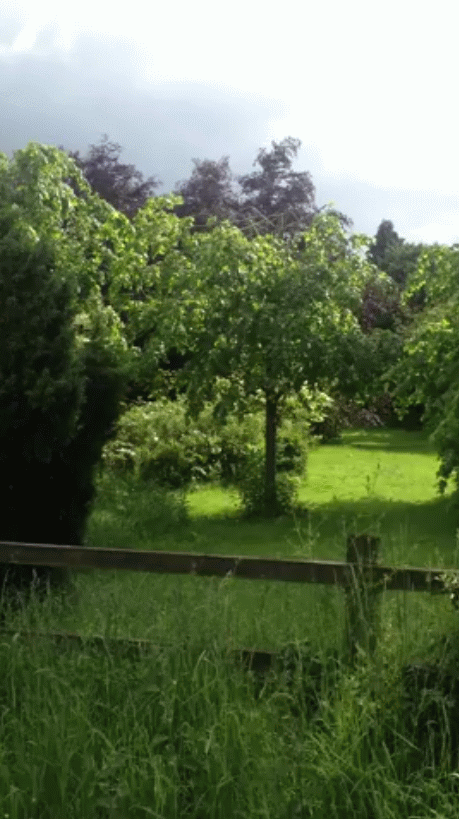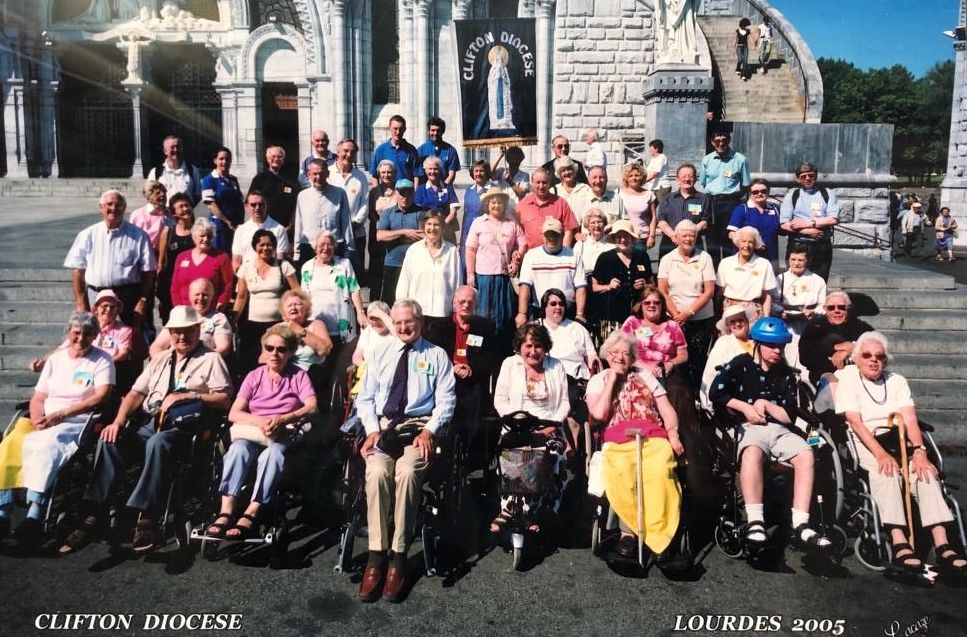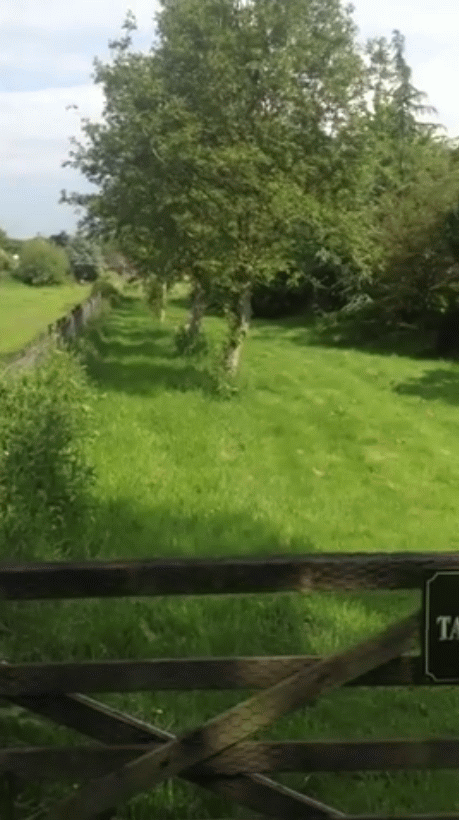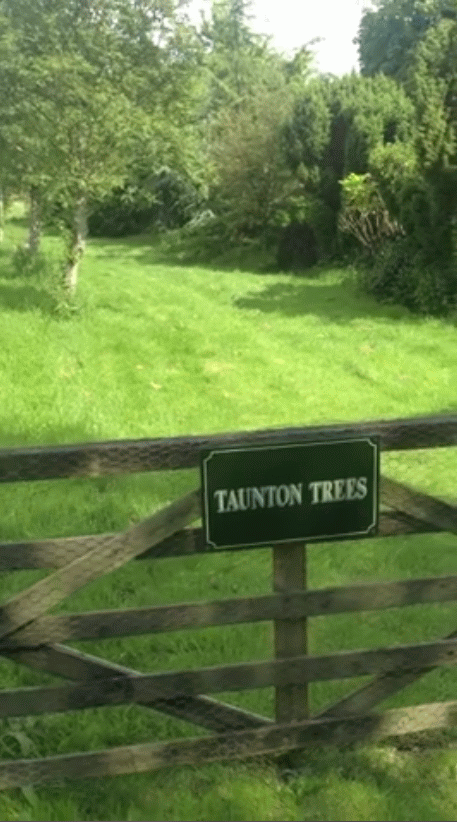
Alleged violations of UN CRPD
- Since dismissal as legal owners on a basis of disability the author’s family members are told that all the jobs at the farm from the 1980’s including looking after parents reduce to “mutual family support” without legal value. Alleged to violate Articles 1 (purpose of the CRPD), 5 (equality and non-discrimination), 12 (equal recognition before the law), 13 (access to justice), 14 (liberty and security of the person), 16 (freedom from exploitation, violence and abuse), 19 (living independently and being included in the community), 22 (respect for privacy), 27 (work and employment), 28 (adequate standard of living and social protection) (“The Articles”).
- After dismissal and a disability clause introduced in a new will there’s no payment for £339,859 invoices for jobs around the farm alleged to violate articles 27 and 28.
- Likewise, tax reported to HMRC without agricultural relief becomes a disability tax that violates the Articles.
- There’s a “stare decisis” point alleged to violate the Articles after Henry v Henry [2010] 1 All ER 988 where Sir Jonathan Parker decided “the claimant’s rent-free occupation of the property had not extinguished his equity” but the current decision says rent-free occupation of the property does extinguish the equity.
- In Maria Simona Bellini v. Italy (3 October 2022, Communication No. 51/2018) the Committee adopted a view that support for family members with disabilities has legal value.
- The farm’s owner instructed solicitors to create life interests in his farmhouse for the resident family, failing to complete because of (a) alleged professional negligence (b) dismissal as legal owner and a disability clause added to a new will after the earlier will was written to complete, and (c) unequal admissibility to state courts after a trial. This mix of failure to complete is alleged to violate The Articles.
- To dismiss people as legal owners on a basis of disability and introduce a disability clause to a will, produce a disability tax, deny any second opinion, and apply to court for legal proceedings to gain £1/2 million in costs, then say that people can’t protect themselves from a claim for possession because they should or could already have protected themselves from a claim that wasn’t before the court smacks of a violation of the Articles.
- Given that claims, defences, counter-claims and legal arguments could or should be brought before the courts “in a single trial” the lack of permission to appeal a trial decision is alleged to violate the Articles.
- First registration of land that excludes residential occupiers followed by police arrest and unequal admissibility to court for residents but not everyone is alleged to violate articles 1, 5, 12, 13 (equalities) and 16, 19, 22 and 28 (social protection).
- Alleged breach of Civil Procedure Rules (“CPR”) that prevent summary or default judgment in claims for possession are alleged to violate The Articles when orders for possession are made by summary or default judgment.
- Alleged offences under section 1 Protection from Eviction Act 1977 (“PFE”) is alleged to violate The Articles.
- To deny any Housing Act 1988 assured agricultural occupancy or right under sections 12 & 13 TOLATA is alleged to violate the Articles.
- The Home Office issuing an exhumation license for buried human remains on a false basis that the author is a person with an unsound mind (a mental disability) is alleged to violate the Articles.
- That the family has no say before the state or its authorities including HMRC, Land Registry, the Home Office, the Courts is alleged to violate the Articles.
- The treatment of the allegations creates an undesirable precedent for other persons with disabilities and their family members.
- Subsequently at “green great granny” house the judges got the law wrong because Civil Procedure Rules Parts 55.7 (2) and (3) and (4) and in particular at (4) Part 12 prevents default judgment. That could be remedied under section 9 Housing Act 1988. There may be systemic breaches of CPR and systemic unequal admissibility to the courts in the state that violates the Articles.
- s.1 PFE offences alleged again to violate the Articles. Not only under CPR but for a family member to give up their keys to estate agents wouldn’t surrender a lease “by operation of law” because if estate agents locked out other family members (and the family member decided by agreement to have an assured tenancy under Schedule 3 Housing Act 1988) that would make them guilty of an offence under section 1 PFE so it’s not any legal operation.
- A determination that family members who are living with persons living with dementia and helping care for them become trespassers at some arbitrary time after the latter dies is alleged as a violation of The Articles.
- 2 or 3 alleged offences under PFE causes offence under Protection from Harassment Act 1997 by the state, and alleged violation of the Articles as balanced within.
- Finally, a professional negligence claim as set out in the 1 hour story. It was brought to remedy failure to complete life interests because of alleged discrimination against persons with disabilities. A judge decided to take the earliest date of instructions in March 1992, 6 April 1992 and then July 1996 as time starting for claims for failure to complete. That made it near impossible to obtain a remedy unless there’s disclosure (that may violate solicitor / client privilege) within time limits. Even then there are 2 periods with no limitation for (i) tax recovery or (ii) fraud. Or (iii) in respect of disability there’s a 30 year time limit. For a negligence claim in respect of disability brought by 2021 makes the earliest possible time the year 1991. That’s before 1992 and not out of time therefore a decision otherwise is alleged to violate the Articles.
- The author submits alleged violations of The Articles and requests just satisfaction, costs and aggravated and exemplary damages.
